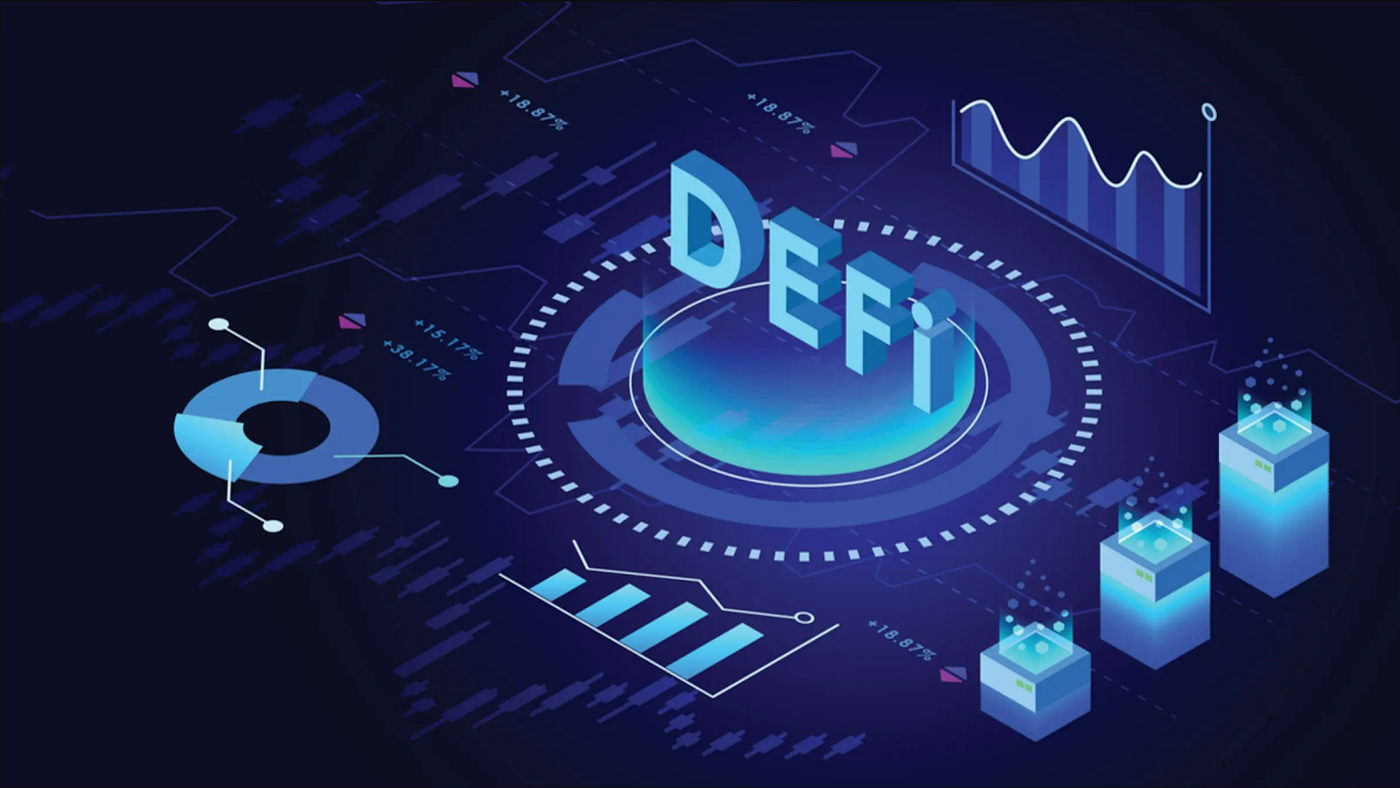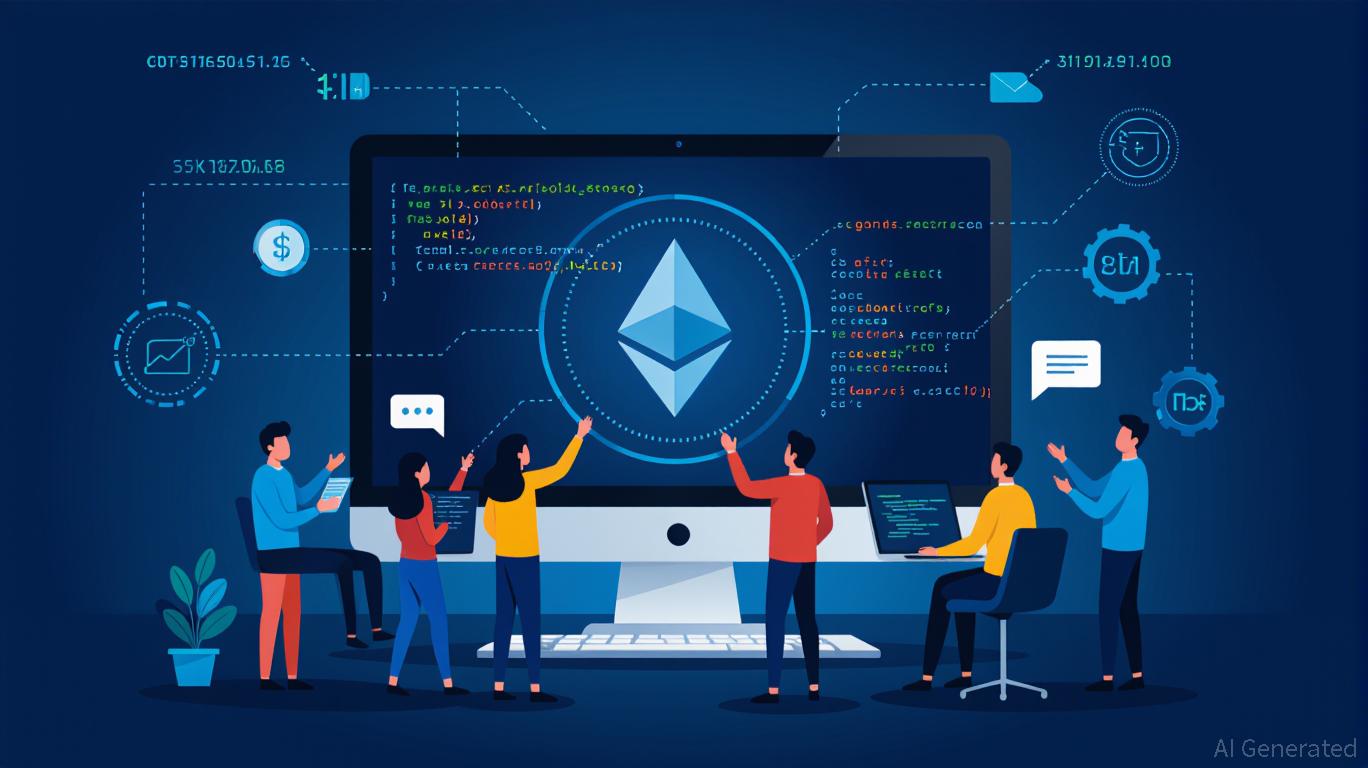Now Reading: Rise of Decentralized Finance Platforms: Reshaping the Financial Landscape
-
01
Rise of Decentralized Finance Platforms: Reshaping the Financial Landscape
Rise of Decentralized Finance Platforms: Reshaping the Financial Landscape

Decentralized Finance, or DeFi, is transforming how people access and manage financial services. Unlike traditional banking, DeFi operates on blockchain networks, enabling peer-to-peer transactions without intermediaries. This trend is gaining traction in India, including Tier-2 cities, where growing digital literacy and smartphone penetration are driving interest in alternative financial systems that promise transparency, efficiency, and broader accessibility.
Understanding DeFi
DeFi platforms offer services such as lending, borrowing, trading, and yield farming, all through smart contracts. These automated protocols reduce the need for banks or brokers, lowering costs and increasing transaction speed. Users can directly interact with financial products while maintaining control over their assets.
Benefits for Indian Investors
For individuals in Tier-2 cities, DeFi opens opportunities previously limited to urban centers or institutional players. It allows small investors to participate in global financial markets, earn interest on crypto holdings, and access loans without traditional credit checks, promoting financial inclusion.
Risks and Considerations
Despite its potential, DeFi carries risks. Smart contract bugs, platform hacks, and cryptocurrency volatility can lead to losses. Investors must exercise caution, conduct thorough research, and only commit amounts they can afford to risk. Regulatory clarity in India is also evolving, which could affect DeFi adoption.
Conclusion
The rise of DeFi platforms signals a shift toward more accessible, transparent, and efficient financial services. For investors in Tier-2 cities, staying informed and cautious can help them leverage these platforms responsibly while navigating the challenges of a rapidly evolving financial ecosystem.

























